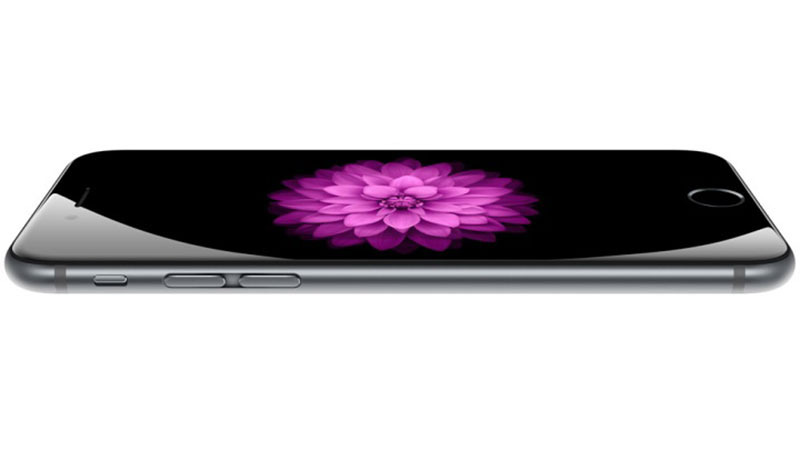Italian consumer group Altroconsumo has launched a class action lawsuit against Apple claiming that it practiced planned obsolescence with an update that slowed down iPhone devices.
Altroconsumo says it is asking for damages of 60 million euros on behalf of iPhone customers in Italy, Reuters reported. The lawsuit covers owners of the iPhone 6 and iPhone 6s lineups, of which around 1 million were sold between 2014 and 2020.
In a statement to Reuters, Apple said that it has never done anything to intentionally shorten the lifespan of its products to drive customers to buy new devices.
The lawsuit in Italy follows two similar complaints lodged in Belgium and Spain back in December 2020. All complaints are being coordinated by consumer association Euroconsumers, which is also planning a lawsuit in Portugal.
"This new lawsuit is the latest front in our fight against planned obsolescence in Europe. Our ask is simple: American consumers received compensation, European consumers want to be treated with the same fairness and respect," said Els Bruggeman, head of policy and enforcement at Euroconsumers.
Bruggeman is referring to Apple's settlement of consolidated lawsuits in the U.S. In 2020, Apple said it would pay up to $500 million to settle a slew of lawsuits in the U.S. that were levied because of iPhone battery slowdowns.
The throttling issue at the heart of the legal actions came about in iOS 10.2.1. The feature mitigated the issues with aging iPhone batteries by improving power management during peak workloads, staving off unexpected shutdowns.
In the wake of the controversy following the feature's discovery, Apple cut prices on out-of-warranty battery replacements and introduced new battery health features in iOS.
 Mike Peterson
Mike Peterson








 Andrew Orr
Andrew Orr
 Mike Wuerthele
Mike Wuerthele
 Bon Adamson
Bon Adamson
 Marko Zivkovic
Marko Zivkovic
 Wesley Hilliard
Wesley Hilliard
 Amber Neely
Amber Neely

 Malcolm Owen
Malcolm Owen



-m.jpg)



20 Comments
Claiming planned obsolescence in an era of breakneck technological growth is a very hard story to sell. It is so easy to demonstrate how keeping up with the rate of improvement in hardware unavoidably impacts the performance of older devices because they cannot handle the requirements of new or updated apps that have been optimized for the newer phones. Apple can also argue that phone throttling was actually an effort (that yes, turned out in the end to be misguided) to slow down obsolescence in older iPhone models.
This lawsuit can be pointed at every manufacturer of home appliances and have worth. I have 14 year old Apple devices still doing what they can given the changing demands.
The funny (and sad) thing is that those people might actually believe the story they are trying to sell. They think they are right.
Throttling wasn't misguided, as it was a good solution to prevent phones from crashing due to older batteries being unable to keep up with the load. There is nothing any manufacture could do to prevent the wear on the batteries and to keep up with the load. This isn't planned obsolescence, but a solution to enable the phones to have a longer life. IE the opposite of planned obsolescence. The mistake is Apple didn't tell people it was doing it and people scrutinize Apple more. I'm sure all manufactures do throttling. I'm not sure if any other manufacture tells users they throttle or allow users to disable throttling. Then again, this may not show up as much in other manufactures, due to the short amount of time OS can be updated.